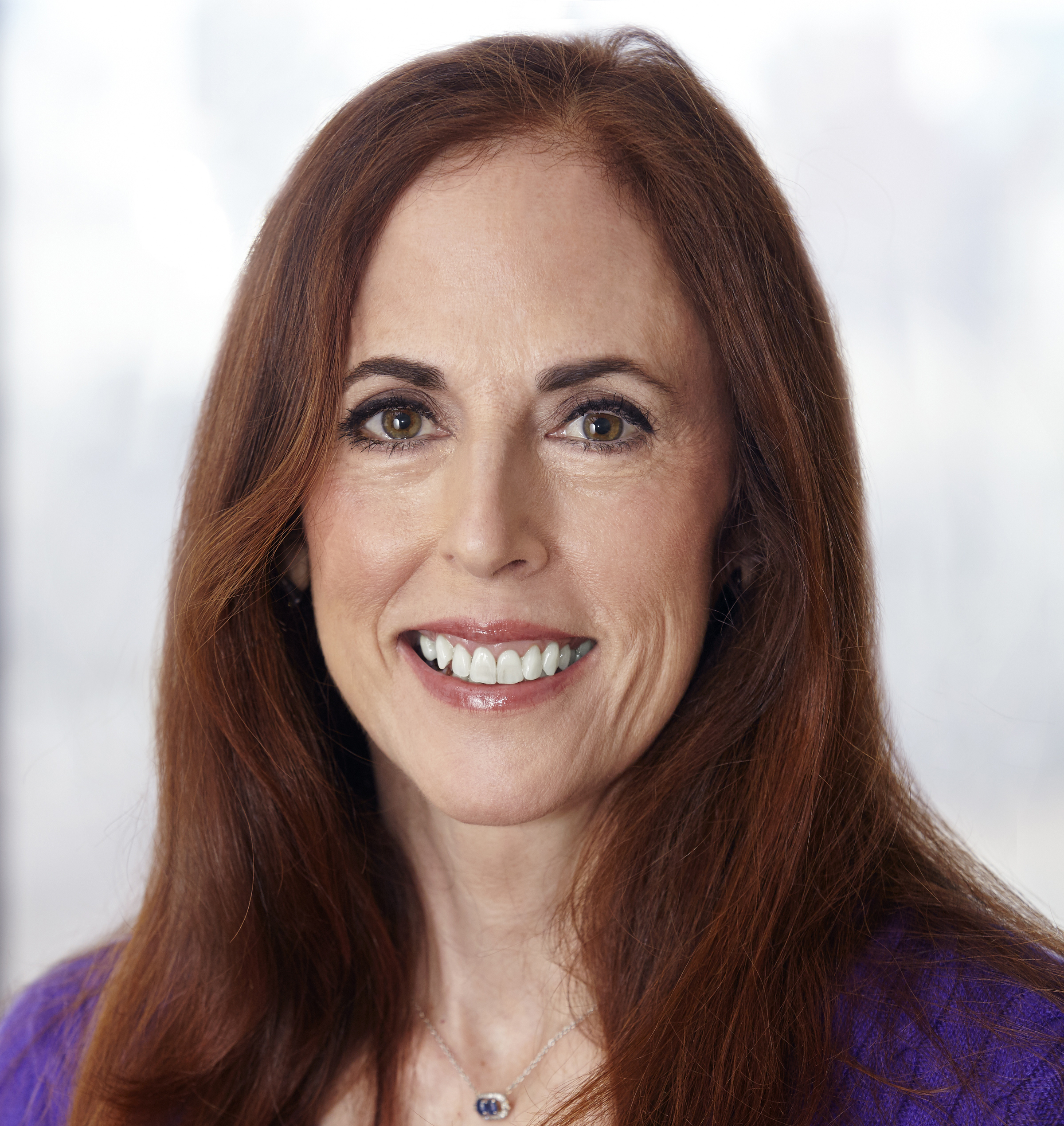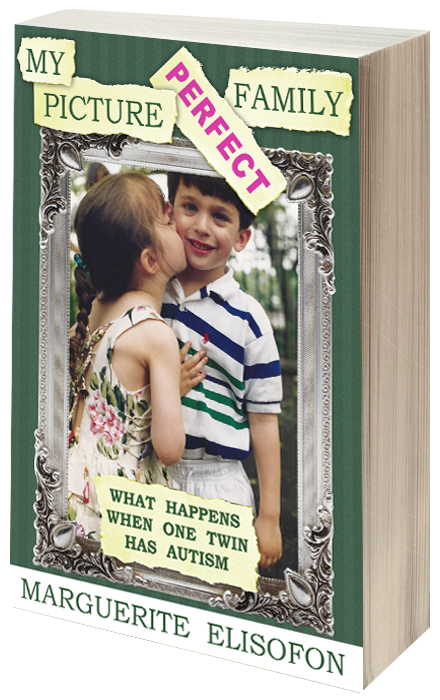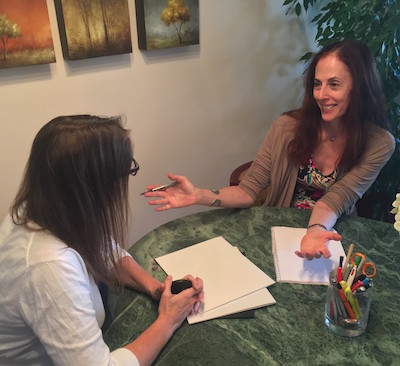 Wouldn’t it be wonderful if we could find new ways to create greater understanding and acceptance of special needs children in the mainstream community? Nearly one-fifth of all Americans—more than 54 million men, women and children—have a physical, sensory or intellectual disability, according to the National Organization on Disability. Startlingly, a new report from the federal Centers for Disease Control and Prevention states that 15% of American children have developmental disabilities such as autism and ADHD.
Wouldn’t it be wonderful if we could find new ways to create greater understanding and acceptance of special needs children in the mainstream community? Nearly one-fifth of all Americans—more than 54 million men, women and children—have a physical, sensory or intellectual disability, according to the National Organization on Disability. Startlingly, a new report from the federal Centers for Disease Control and Prevention states that 15% of American children have developmental disabilities such as autism and ADHD.
Based on these sizable disability statistics, there should be many more special needs families participating in their local communities. Unfortunately, many of these families find it easier to stay home, rather than deal with the heartbreaking ignorance and (often unconscious) cruelty of an unknowing public. I will never forget the time I took my 8 year-old daughter Samantha for a swimming lesson at the Y. In the locker room, I overheard another little girl complaining to her mom about my daughter’s bad behavior. Samantha was (seemingly) oblivious, but I was deeply embarrassed and hurt. I gently explained to the other girl’s mother about autism, but never returned to that locker room again.
While there are many great organizations that welcome the special needs community to mainstream events (including the Y), my life and the lives of other special needs families would be so much more enjoyable if we could feel more universally understood and accepted. Consider also the many neurotypical siblings and relatives who stay home or suffer in silence while dealing with a brother, sister or niece with special needs.
Is there any way everyone’s needs can be respected?
Enter My Heart Books, founded by Erica Blit. Erica has two children – Brandon, now 12, who is developmentally disabled and his neurotypical sister, Skylar, who is 7. At age two,Skylar started asking why Brandon didn’t speak. In order to help Skylar understand her brother’s challenges, Erica created a book called My Brother Brandon, which quickly became both siblings favorite book.
“When Skylar was in pre-school,” Erica explained, “I started doing workshops with her class about understanding and accepting differences, as I believe acceptance is more natural at a younger age.”
As both of her children got older, Erica started doing workshops for children from 3 – 9 years old; the response was uniformly positive. “The children’s attitudes changed from shying away from Brandon and not understanding him to wanting to be his friend,” Erica reported.“The children brought the book home and wanted to read it again and again with their families.” Better yet, Erica said, “Brandon became an instant celebrity and was welcomed into our community. I wanted other families to have this same experience, so I created a simple website for everyone to write their own custom book.”
On www.myheartbooks.com people can create their own unique children’s books about anyone they know with a disability. Books include the person’s name, dedication page, up to two personal pictures, custom characters and their own special story. Also included is a note at the end of the book to parents and caregivers offering additional tools for continuing the conversation and helping children understand about differences and the importance of being kind.
 The website is simple to use and designed for families of children with all kinds of physical as well developmental disabilities. To make it easy for every type of family-author, Erica consulted with teachers and therapists to create a short questionnaire.
The website is simple to use and designed for families of children with all kinds of physical as well developmental disabilities. To make it easy for every type of family-author, Erica consulted with teachers and therapists to create a short questionnaire.
My Heart Books can be ordered as a hardcover or softcover book, along with an online version. Each book is designed to help a child appreciate and understand someone they know with special needs, along with providing a beautiful story for the child who inspired the book. One happy mother, Susan W. said she purchased the book “as a way for my neurotypical son to normalize for his peers the experience of having a sibling with special needs. The book really shows how unique and yet how ordinary it is to love someone who communicates and acts differently from what other kids are accustomed to. I am very impressed with the book which will further discussion about inclusion and acceptance.”
My Heart Books also offers families the tools to do their own workshops within schools or other organizations, and how to partner with them. Not only do these books describe people’s challenges, but they also focus on their strengths. Each book is written in a child friendly way, without pejorative labels.
Erica says: “My Heart Books delivers the hope that every child sees someone with a disability as a person just like them. If every child could meet and learn about someone with a disability, acceptance would come more naturally; and what a kinder world we would all live in.”
On a personal note, I can’t help wishing that My Heart Books had been around 28 years ago when my twins were born. If Samantha’s neurotypical twin brother had understood why his sister couldn’t respond to him at age two, how much different might their relationship be today?





 Marguerite Elisofon is a New York City writer and the author of My Picture Perfect Family, a memoir about how her family navigated life with a child on the autistic spectrum before the internet and support groups existed. She also blogs about parenting young adults and disability related issues in The Never Empty Nest. Her writing has been featured in a variety of publications, including Time and NY Metro Parents magazine, and her family’s story has been featured by the NY Post, Fox News, The Daily Mail, and on Jenny McCarthy’s Dirty Sexy Funny radio show. A Vassar graduate, Marguerite was born and raised in New York City, where she still lives with her husband, Howard, in their mostly-empty nest. She is available to speak about a wide variety of issues relating to twins, parenting, and autism.
Marguerite Elisofon is a New York City writer and the author of My Picture Perfect Family, a memoir about how her family navigated life with a child on the autistic spectrum before the internet and support groups existed. She also blogs about parenting young adults and disability related issues in The Never Empty Nest. Her writing has been featured in a variety of publications, including Time and NY Metro Parents magazine, and her family’s story has been featured by the NY Post, Fox News, The Daily Mail, and on Jenny McCarthy’s Dirty Sexy Funny radio show. A Vassar graduate, Marguerite was born and raised in New York City, where she still lives with her husband, Howard, in their mostly-empty nest. She is available to speak about a wide variety of issues relating to twins, parenting, and autism. 